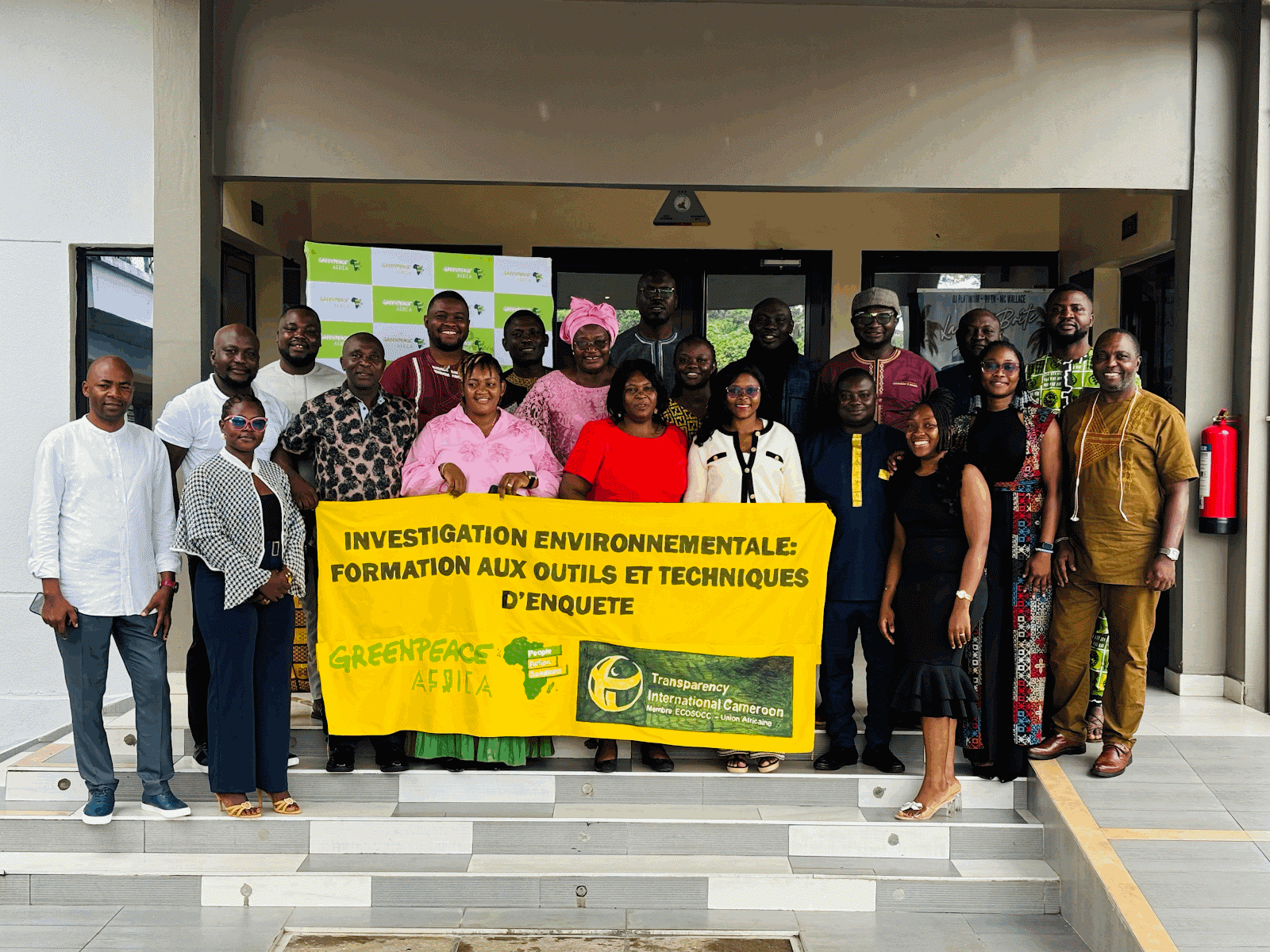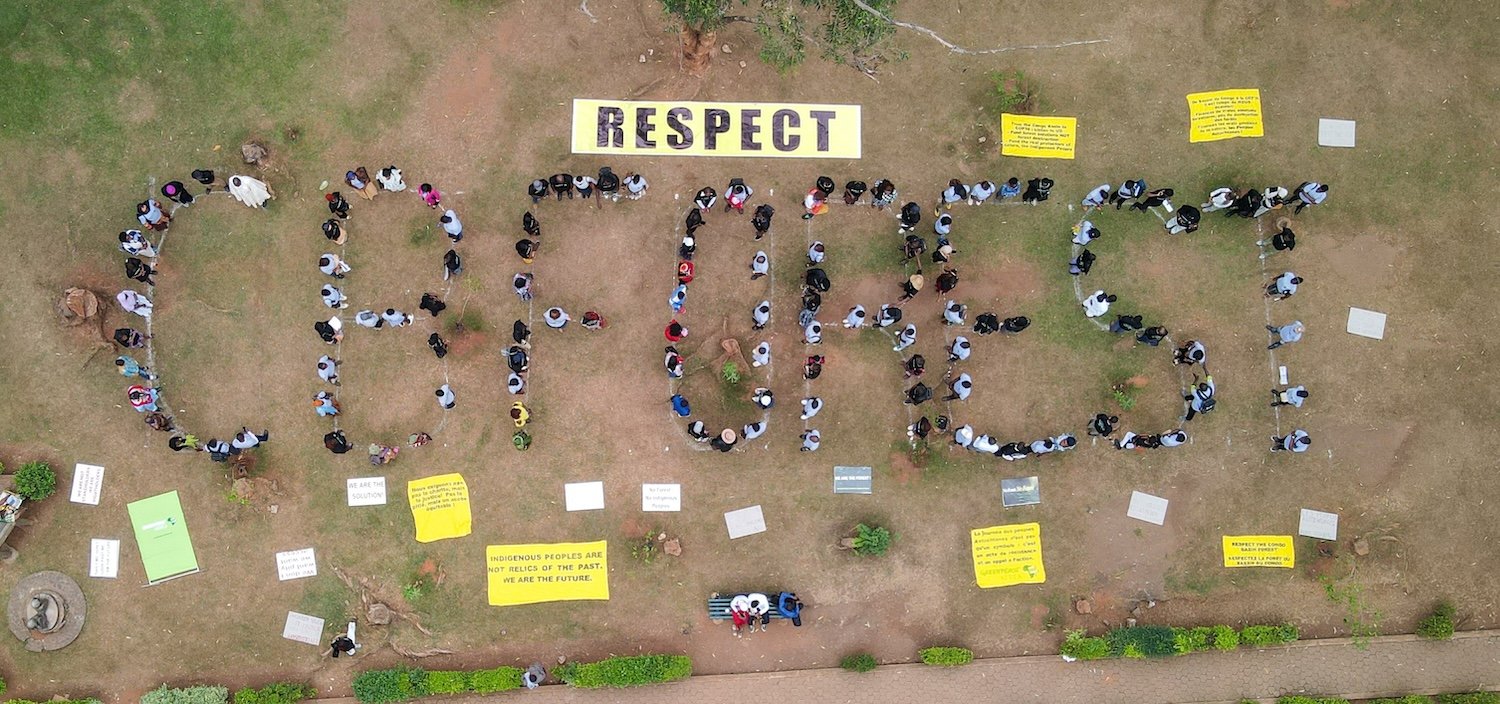There is no time to waste. The world is burning. We are facing climate breakdown, biodiversity loss, deepening socioeconomic inequalities, democracy at risk and underfunded public services. Governments are struggling to find the money for their citizen’s most pressing needs and for environmental and climate action. Reform of the global financial system is long overdue. The upcoming Fourth International Conference on Financing for Development (FfD4) is a once-in-a-decade opportunity to get to the core of the problem and get the world back on a stable track.
As world leaders prepare to gather in Sevilla, Spain for the UN conference, civil society are calling for global debt and tax reform. With growing geopolitical political tensions, weak international cooperation and increasing debt burden, it is crucial that world leaders show their support for global tax reforms to ensure fair and sustainable financing for development.
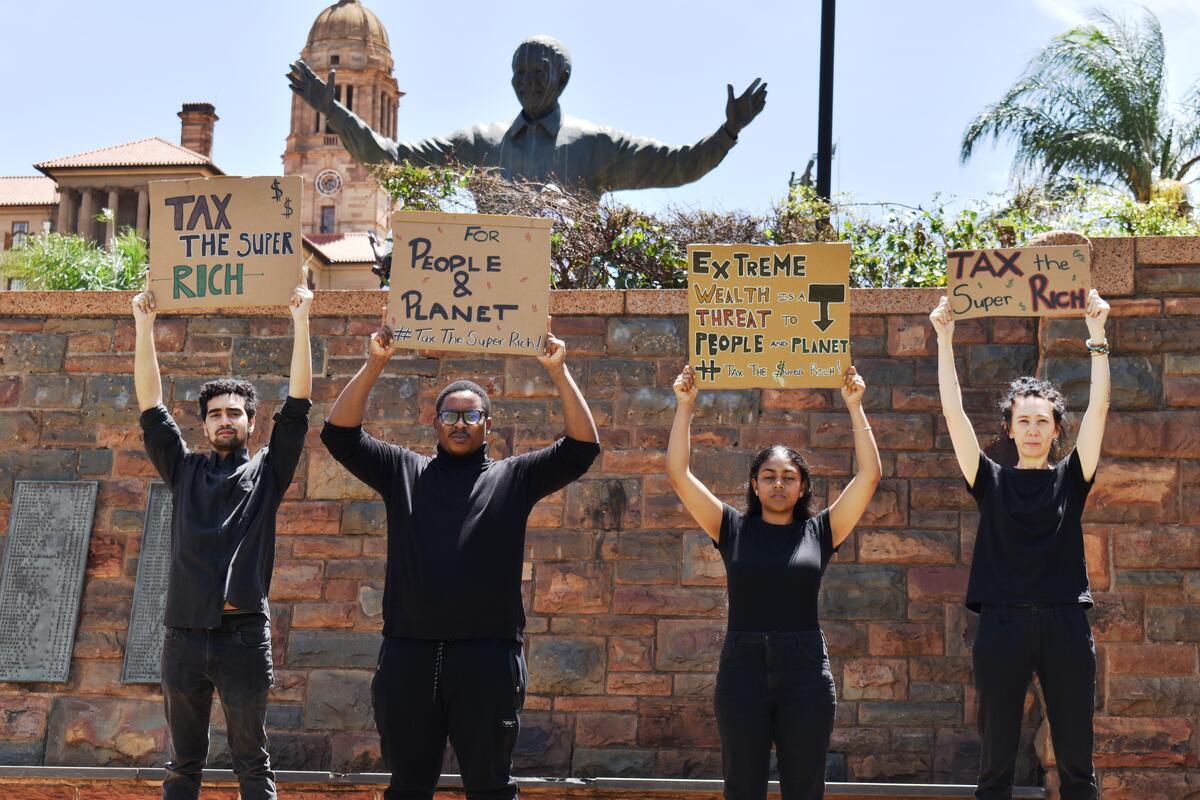
#TaxTheSuperRich
Tax is a superpower and a game changer – it can be a driver of universal rights, sustainable development, and prosperity for all. However, when it comes to international development cooperation, tax matters are a huge test. This is where state interests and priorities clash. But they don’t have to. Tax is a golden opportunity to make the world a better place. But first, we need to reform the global tax rules and address the inherent deeply rooted historical injustices that are breaking the global financial system.
The top 1% owns nearly half of global wealth and the top 10% is responsible for two thirds of the global emissions – while billions lack access to basic services and are forced to bear the consequences of the climate breakdown. Countries are losing almost half a trillion dollars annually to illicit financial flows and profit shifting. This is money that can be used to fund healthcare, education and to tackle the climate crisis and nature collapse.
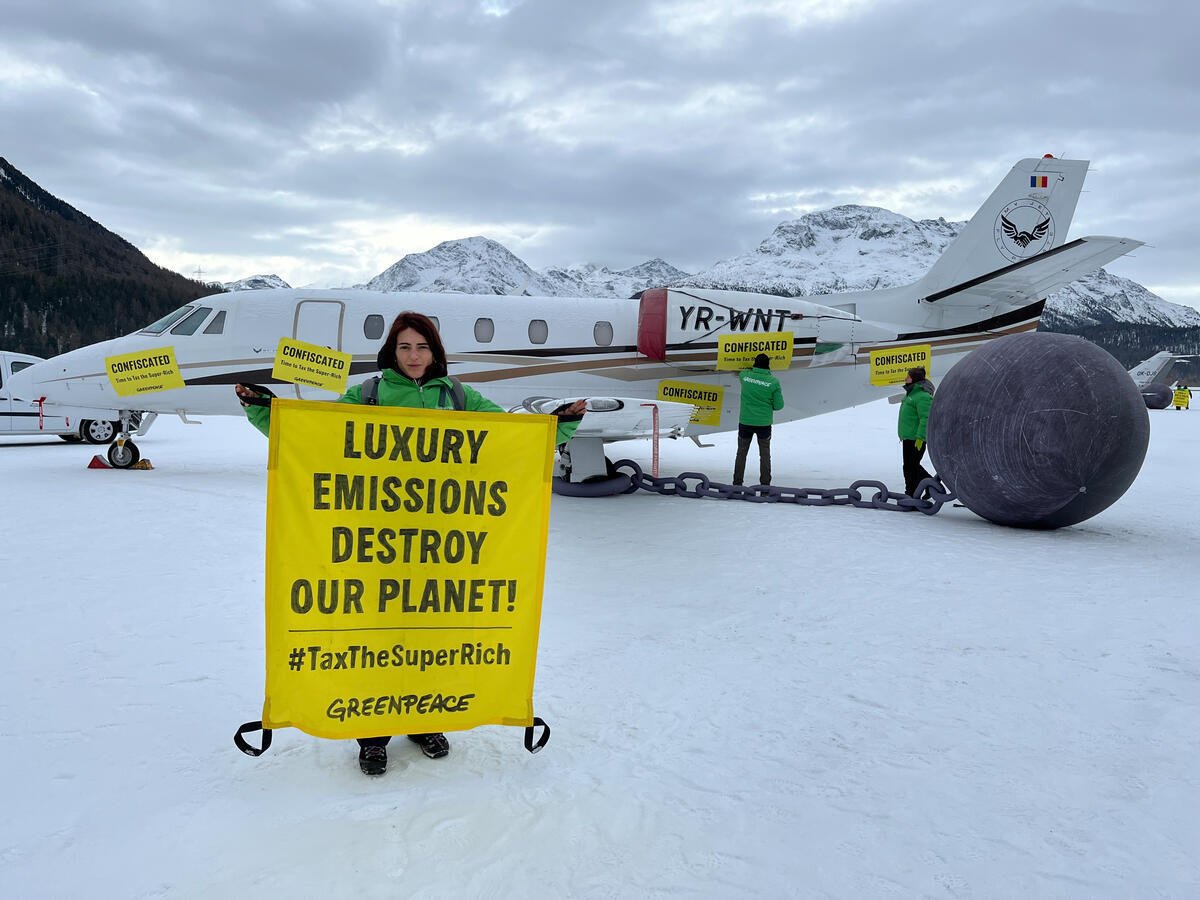
At the COP29 talks last year the focus was on finance. Despite the urgency of the situation and the world being on the brink of tipping points, countries were only able to commit 300 billion dollars per year in climate finance. Without new global tax rules the mad situation will continue to escalate, billionaires will increase their wealth and influence, while all the pressing needs go underfunded.
At previous FfD conferences in Monterrey, Doha and Addis Ababa, tax reform was high on the agenda. Ten years on, the world has made real progress. Negotiations are now underway for a UN Tax Convention – a major step toward reshaping global tax rules.
The convention marks a critical shift: global tax rule-making could soon move from a few rich OECD countries to a truly inclusive, multilateral process under the UN. For the first time, all member states would have a seat at the table.
Through the Convention, we can, among other things, level the currently uneven playing field by prioritising progressive taxation on high net-worth individuals, make polluters pay and regulating digital taxation, transfer pricing and minimum tax floors. It is proven that progressive taxation of income, wealth, and capital gains helps to reduce inequality while providing the funds for healthcare, education, social and environmental protection. But this will only happen if the wealthy and their corporations pay their fair share of taxes.
While we celebrate this hard-won step forward, we must remain vigilant and focused as we continue to push for tax reform at the FfD4. The road ahead will be challenging, and governments commitment to democracy, equity, transparency, and accountability will be tested. Let this moment in Sevilla represent bold, decisive hope in action for a better future for people and the planet.
Fred Njehu, Political Lead of the Fair Share campaign, Greenpeace Africa.
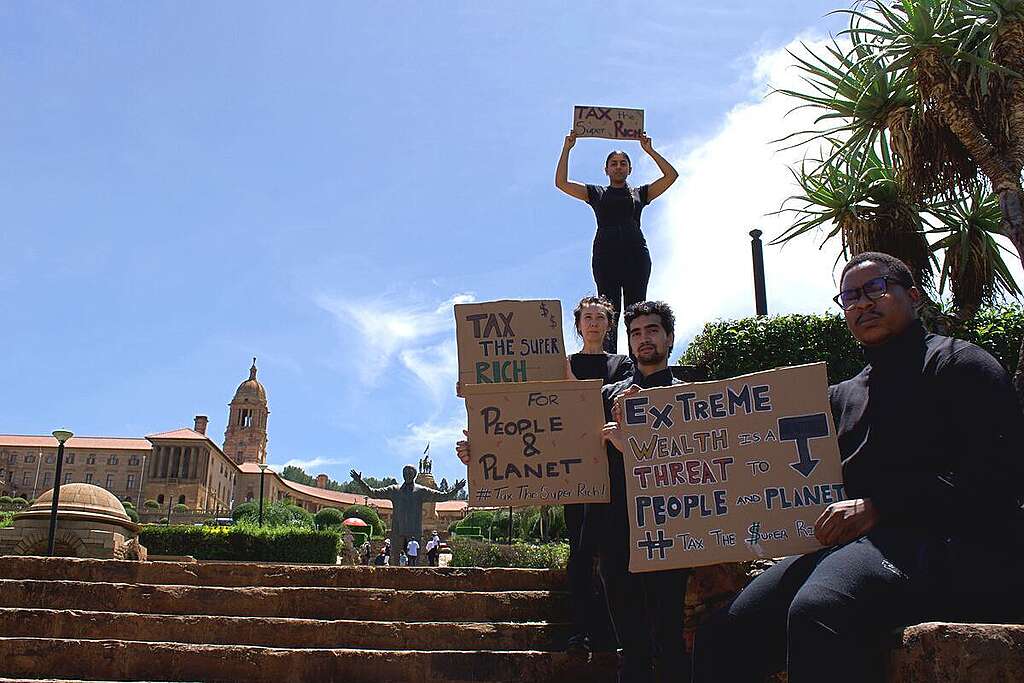
The richest 1% have captured twice as much wealth as the 99% of the world’s population, between 2020 and 2023. The Finance Bill in Kenya would have ONLY managed to collect 2.68 billion dollars from the average person. While 480 BILLION DOLLARS are lost to tax abuse by billionaires and multinationals (including big oil corporations).
Get Involved

